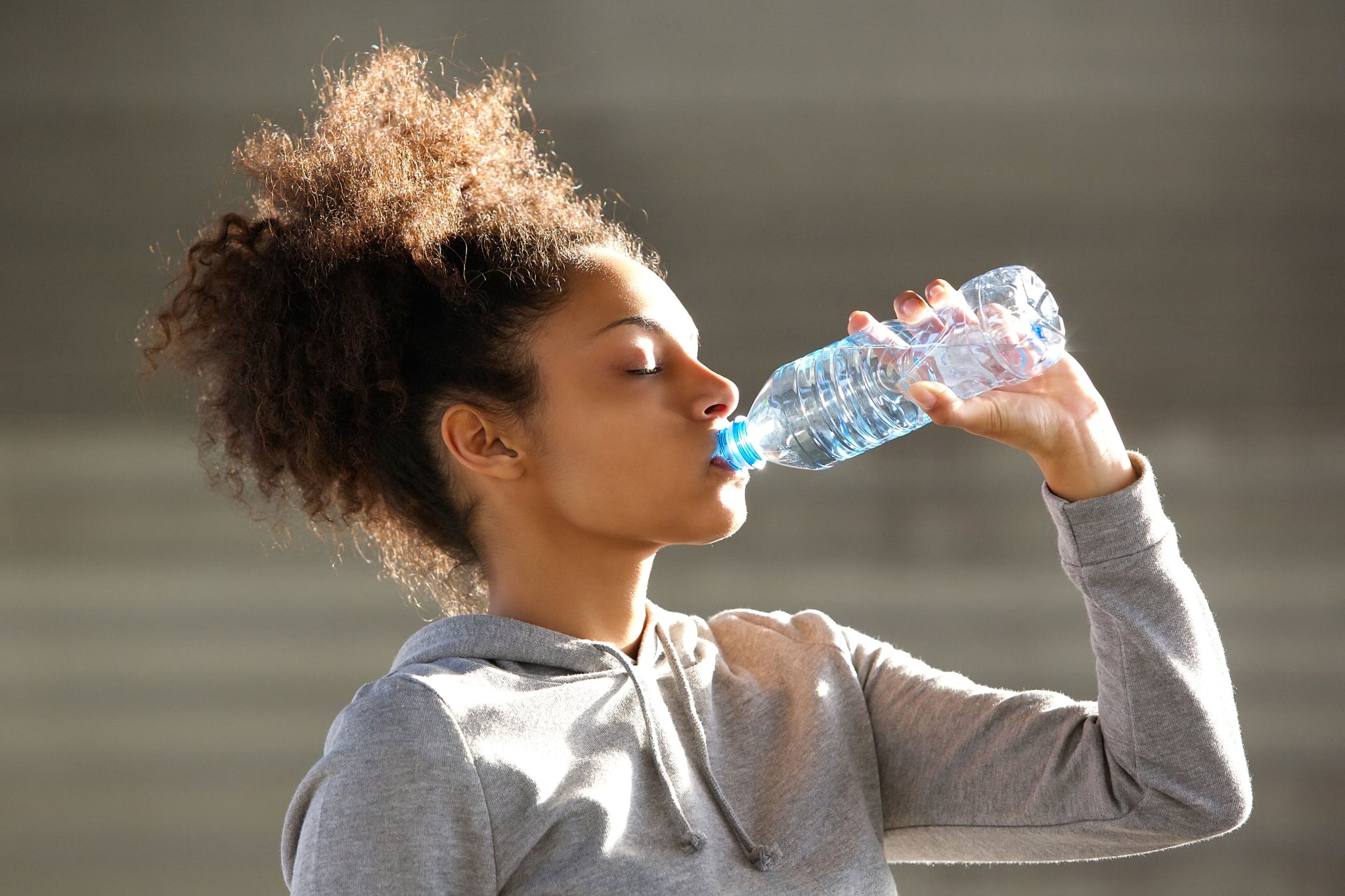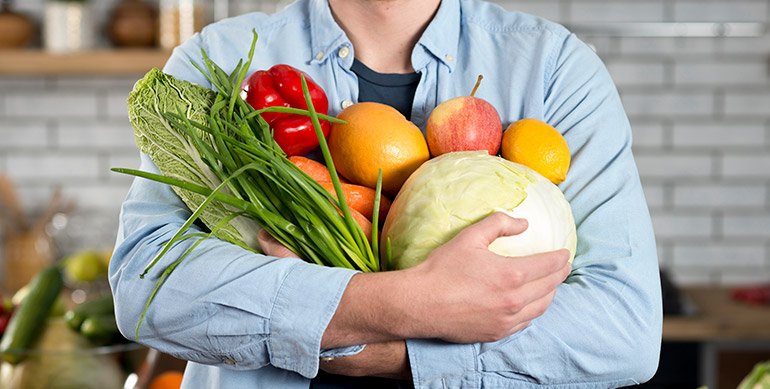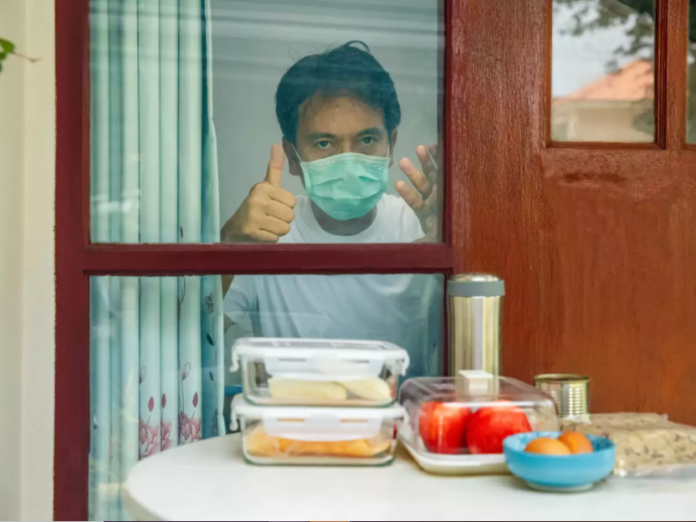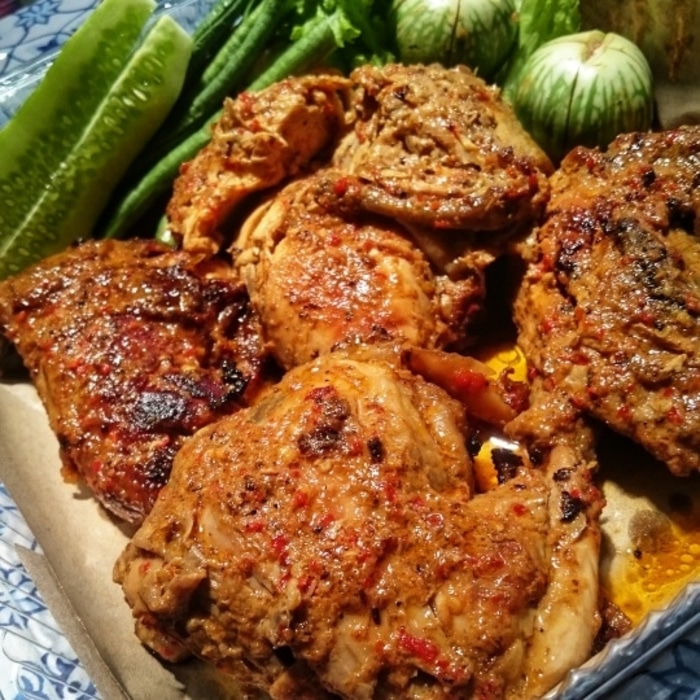Many people are experiencing COVID-19 infections and are forced to isolate themselves from their family rather than go to the hospital. Self-isolation is currently the only option to those who show minimum to mild symptoms. To aid the recovery and help our immune system, diet & food is an important aspect.
Diet & Nutrition Tips
Diets vary for each person
The matter with feeding a COVID patient is that every person has different symptoms. It may be that they are experiencing fever, dry cough and shortness of breath. Meanwhile, others may be feeling experiencing muscle pain, fatigue, headaches, sore throat and GI symptoms, like diarrhea. Additionally, you may also lose your sense of taste and smell which can impact your appetite.
Depending on your symptoms and your food preferences, each person’s meal is going to look different. For example, a person with dry cough symptoms will have a different meal than that of someone with healthy appetited, for those with dry cough need to avoid fried food and spice.
Hydration is key

Drinking water is also an important part of your diet, as it can help with several of your symptoms. It’s especially important if you have a fever, which may cause you to sweat out water, or if you have diarrhea.
Try out these options:
- water
- tea with honey
- broth
- juice
- seltzer
- electrolyte drinks
Drinking tea with honey is comforting as honey helps calm a cough. Electrolyte drinks are helpful if you’re having trouble eating or experiencing diarrhea or vomiting. Coconut water, maple water, sports drinks and Pedialyte all fit into that category. Get nutrition by drinking juice, which makes it easier for hydration since it’s tasty. It’s important to stay hydrated and rest as much as you can when you are ill.
Calories, Nutrition and Food to Eat

Other than drinks, your body needs calories for energy to help fight an infection. Eat foods and drink beverages that help support your immune system, as there really isn’t any one food that seems to help with flu-like symptoms. There are certain nutrients—including protein, vitamins A, C, D and E and zinc—that help support your immune system.
The main diet focus for COVID patients is to consume foods that would help rebuild muscle, immunity and energy levels. Whole grains like ragi, oats or amaranth are rich sources for complex carbohydrates. Chicken, fish, eggs, paneer, soya, nuts and seeds are some good sources of protein. Healthy fats like walnuts, almonds, olive oil, mustard oil are all recommended. To boost one’s immunity, you may also drink turmeric milk once a day.
Five serving of all colored fruits and vegetables are a must to get adequate vitamins and minerals. Eating dark chocolate with at least 70% cocoa helps lift your mood, get rid of anxiety and will also boost your immunity. Meanwhile, a smoothie made with fruit and yogurt or nut butter may help you get calories in if you have no appetite. Chicken soup is comforting and may be beneficial when you have a respiratory infection. Ginger helps with any nausea. You can simply try it in tea or add it to carrot soup. Most COVID patients experience loss of smell and taste or difficulty in swallowing. It is important to eat soft foods at small intervals and to add amchoor in the food.
The key here is to try getting more calories in and eating foods that help you feel good, rather than worrying about getting enough zinc or vitamin A.
Avoid these foods
We highly recommend staying away from alcohol, as it’s dehydrating and may inhibit your immune system. So if you start feeling sick, skip the booze and replace it with something hydrating.
If you have GI symptoms, stay away from hard-to-digest foods like cruciferous vegetables, beans and whole grains. These foods take more energy to digest and may upset your stomach and GI tract. At times like these, swap the foods that are easier to digest.
Those with a sore throat should temporarily avoid crackers, crunchy foods, hard foods, spicy food and anything very acidic like lemon, vinegar which may irritate your throat if you have a sore throat.
Recommended dietary allowance (RDA) for Covid patients
Start with meeting 50% of the nutritional requirement of the patient and proceed to 70% by the 3rd day, gradually increasing to 100% by the end of the week.
Calorie requirement / RDA
Non-obese -25-30kcal/kg Actual Body Weight
Overweight or obese- 25-30kcal/kg IBW or Adjusted BW
Underweight -25-35kcal/kg Adjusted BW
Protein requirement – 1-1.5gm/kg/ Actual Body Weight
Fats requirement – 25-30% of the total calories
Multivitamin, minerals & trace elements
Vitamin D – 10-1000mcg/day
Vitamin A – to be consumed through diet
Vitamin E – 134-800mg/day
Zinc – 30-220mg
Vitamin C – 200mg- 2gm
The above micronutrients increase the T-cells & B-cells(antibody) in your body and will help in COVID recovery.
Oral Nutritional Supplements (ONS) – In case of diarrhea
Around 400-600kcals/day and 30gms of protein should be provided through ONS. This should be continued for at least a month.
Assessment should be done every 3rd day for patients.
Sample Diet Chart
Breakfast: Veg Poha / Chila/ Veg upma/ Namkeen veg seviya/ idli + 2 egg whites/ Golden milk with haldi and ginger powder
Lunch: Amaranth / ragi or multi grain flour Chapati/ Rice/ Veg Pulao/ khicadi/ dal , green vegs , Curd Salad ( carrot and cucumber)
Evening: Ginger tea/ veg or chicken or immunity soup/ sprouts chaat
Dinner: Amaranth/ ragi/ multigrain flour Chapati/ soya beans/ paneer/ chicken or green veggies Salad (carrot and cucumber)
If the patient is getting diarrhea/ nausea give Veg Khichdi, ginger tea ( ginger, tulsi/ lemongrass, cinnamon, clove or cardamom)
Frequently Asked Questions to be addressed
What to do for Post COVID fatigue?
Consume foods that boost your energy like bananas, apples, oranges or sweet lime juice. Add sweet potato in the salad or as a part of your meal. Take warm water with organic honey and lime.
How to manage dry cough?
The solution for dry coughs include drinking plenty of fluids, like warm water with tulsi leaves. Avoid sugary drinks, alcohol, coffee as it leads to dehydration and can make your cough worse. Prepare a bowl of hot water, then Inhale the steam with the tongue out at least 2-3 times a day.
Urinary Tract Infections (UTI) and COVID 19?
Drink enough fluids to avoid urinary infections. Incorporate good amounts of Vitamin C in the diet, up to 1-2g/day.





